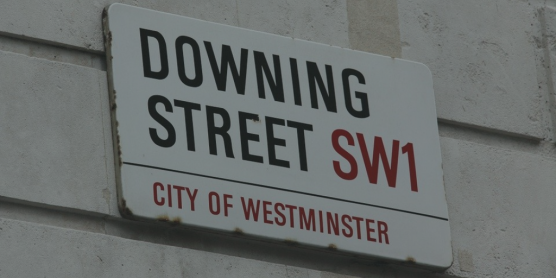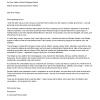Dear voter,
If you are feeling frustrated or disillusioned with politics, you are not alone. I am too. Whether we feel this way for the same reasons however, well that is another matter. I have followed British politics closely for most of my adult life, and so I wish to share my observations with you.
This last decade in UK politics has been arguably the most turbulant of the modern era, due largely to David Cameron's decision in 2015 to hold a referendum on EU membership. The reason for this referendum, largely, was to settle a long-running feud within the Conservative party over our relationship with Europe, perpuated by a stalwart group of Eurosceptic MPs in the party.
The referendum of 2016 captured the passions of the voting public, being a rare election where every single vote would count unlike in the "first-past-the-post" system used for general elections whereby only voters in marginal constituencies have any real effect on the overall outcome, and also because of the fact that two very different visions for the future were on offer.
For many, the fact that the question of our membership of the EU was being asked in the first place implied there was a sound reason for considering a change to the status quo, and many were also led to believe that Brexit would somehow be a solution to the inequities of society caused largely by the failure of domestic politics following a global econonic downturn.
In the end, the Leave campaign was successful in winning over a small majority of those who turned out to vote, and leaders of the campaign were visibly surprised by their victory. In the two years that followed, Conservative cabinet ministers and backbench MPs debated amongst themselves over what exactly Brexit should look like, since this had not been determined prior to the referendum. Eventually with time running out, Theresa May settled on a policy for a direction of negotiation with the EU.
It was not possible to please everyone in the party who supported Brexit, because everyone had a different idea of what Brexit should be, and some resignations from her cabinet followed. Nonetheless, an EU Withdrawal agreement was formed within a few months, and was promptly rejected by scores of Conserative MPs along with the opposition parties in what was known as a "Meaningful vote". Further similar defeats would follow upon repeated attempts. With her position untenable, Theresa May resigned which paved the way for a leading figure in the Leave campaign, Boris Johnson, to take control of the Conservative party and thus the country.
Since taking power, Johnson has displayed a ruthlessless and contempt for parliamentary democracy never before seen in our politics, expelling many moderate Conservative MPs from the party such as the father of the house, Ken Clarke, and Nicholas Soames, the grandson of Winston Churchill, simply for their principled and honourable decision to support cross-party legislation designed to prevent an economically disasterous "no-deal" Brexit.
When this legislation was passed, Johnson carried out his plan to "prorogue" or suspend parliament, in order to prevent further scrutiny of his leadership - a move that was later ruled unlawful by the highest court in the land in a unanimous verdict, following weeks of public protest to "stop the coup" by those outraged at the extraordinary suspension of our house of elected representitives.
Having been prevented from recklessly crashing the UK out from the EU without a withdrawal agreement in place, Johnson had little choice but to revive the agreement he previously voted against before becoming prime minister, making his own amendments to it and returning to previously rejected concessions regarding the status of Northern Ireland. However with a hung parliament having demonstrated its ability to keep him in check, Johnson called for a general election in the hopes of cementing his grip on power.
If Johnson wins a majority and implements his plan to leave the EU on January 31st, this will only be the beginning of a transition period which is set to expire on December 31st 2020. He has already stated that this transition will not be extended. This basically means a no-deal Brexit can still happen at the end of next year, with no means for opponents of this to prevent it. Those in his party who wish for this to happen are aware of this and are biding their time. Johnson himself will be willing to allow it, having only reluctantly pursued a "deal" in the first place.
The Conservative party have moved sharply to the right-wing of politics under Johnson's rule, and cannot be trusted with our country. They care only about their own agendas, and do not care about ordinary people. It is the duty of the British electorate to reject this extreme form of Conservatism before our country is taken in a dangerous new direction.
Whether you voted Leave or Remain, I implore you to use your vote wisely to deny the Conservatives victory wherever there is a chance of doing so. If Brexit is to happen, let it do so in a benign form under a progressive alliance of parties that do care about the people, after bringing the nation together in a final-say referendum following years of us all being forced to sit on the sidelines listening to politicians argue about it.
This may be our last chance to save the soul of Britain as we know it.
With hope,
Liam Salomone
















